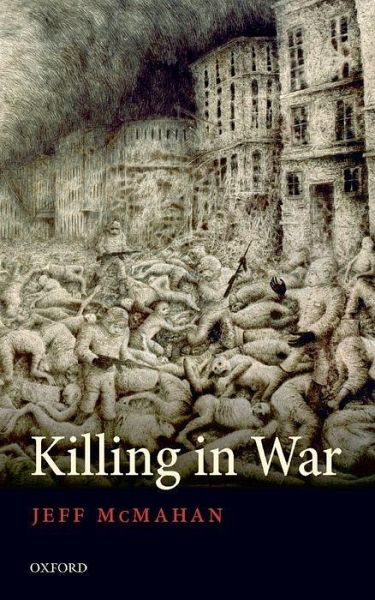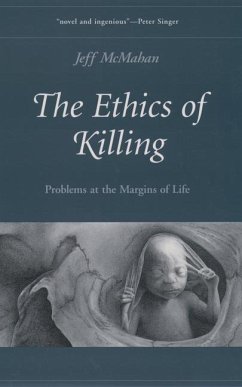
Killing in War
Versandkostenfrei!
Versandfertig in 1-2 Wochen
75,99 €
inkl. MwSt.
Weitere Ausgaben:

PAYBACK Punkte
38 °P sammeln!
Killing a person is in general among the most seriously wrongful forms of action, yet most of us accept that it can be permissible to kill people on a large scale in war. Does morality become more permissive in a state of war? Jeff McMahan argues that conditions in war make no difference to what morality permits and the justifications for killing people are the same in war as they are in other contexts, such as individual self-defence. This view is radically at odds with the traditional theory of the just war and has implications that challenge common sense views. McMahan argues, for example, ...
Killing a person is in general among the most seriously wrongful forms of action, yet most of us accept that it can be permissible to kill people on a large scale in war. Does morality become more permissive in a state of war? Jeff McMahan argues that conditions in war make no difference to what morality permits and the justifications for killing people are the same in war as they are in other contexts, such as individual self-defence. This view is radically at odds with the traditional theory of the just war and has implications that challenge common sense views. McMahan argues, for example, that in most cases it is morally wrong to fight in a war that is unjust.














